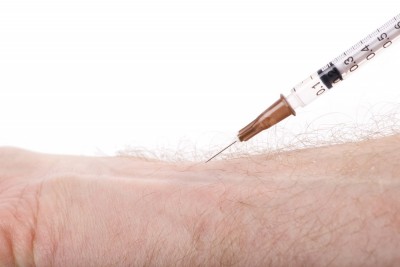Back when I was a market research manager at Pizza Hut I sat through several research debriefs where a shot of morphine might well have made the experience more bearable. Invariably it was having tracking study results that caused me the greatest pain: hearing about how the globally-bestowed brand metrics had meandered in the past six months was never my favourite way to pass the time. I never could find a link between what we heard and what the real business figures told us was going on, beyond the blindingly obvious changes in awareness when we had an ad campaign on air. However, to the best of my knowledge, doctors won’t prescribe opiates for such situations. It’s another domain entirely where survey results and pain avoidance have recently coincided in a fascinating way. Research by doctors at the Cedars Sinai Medical Center in Los Angeles, California, examined the correlation between […]




Recent Comments